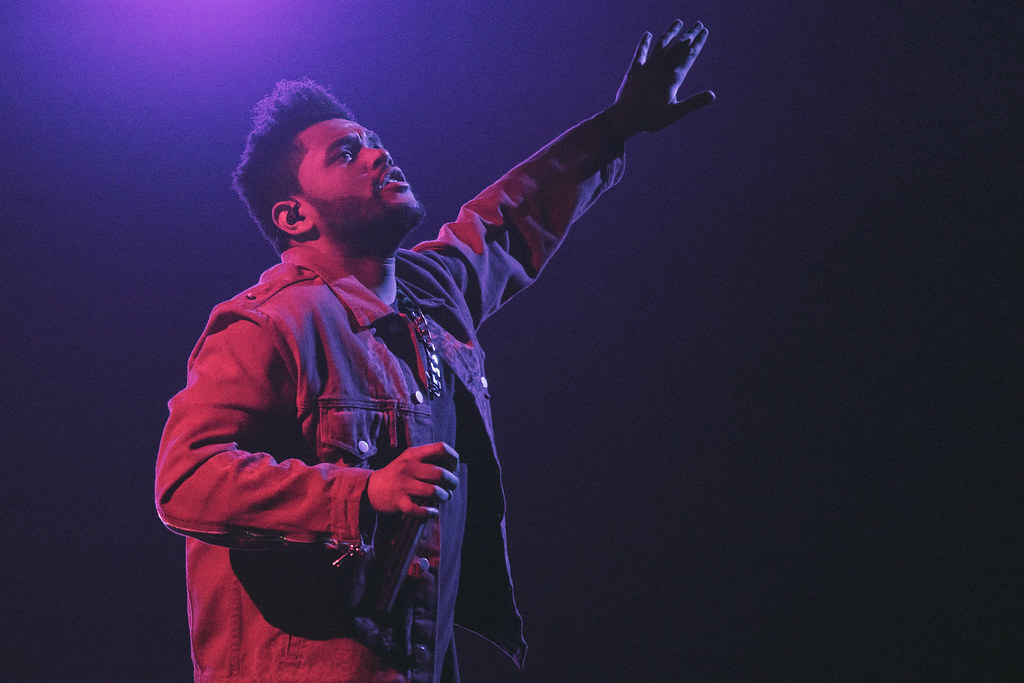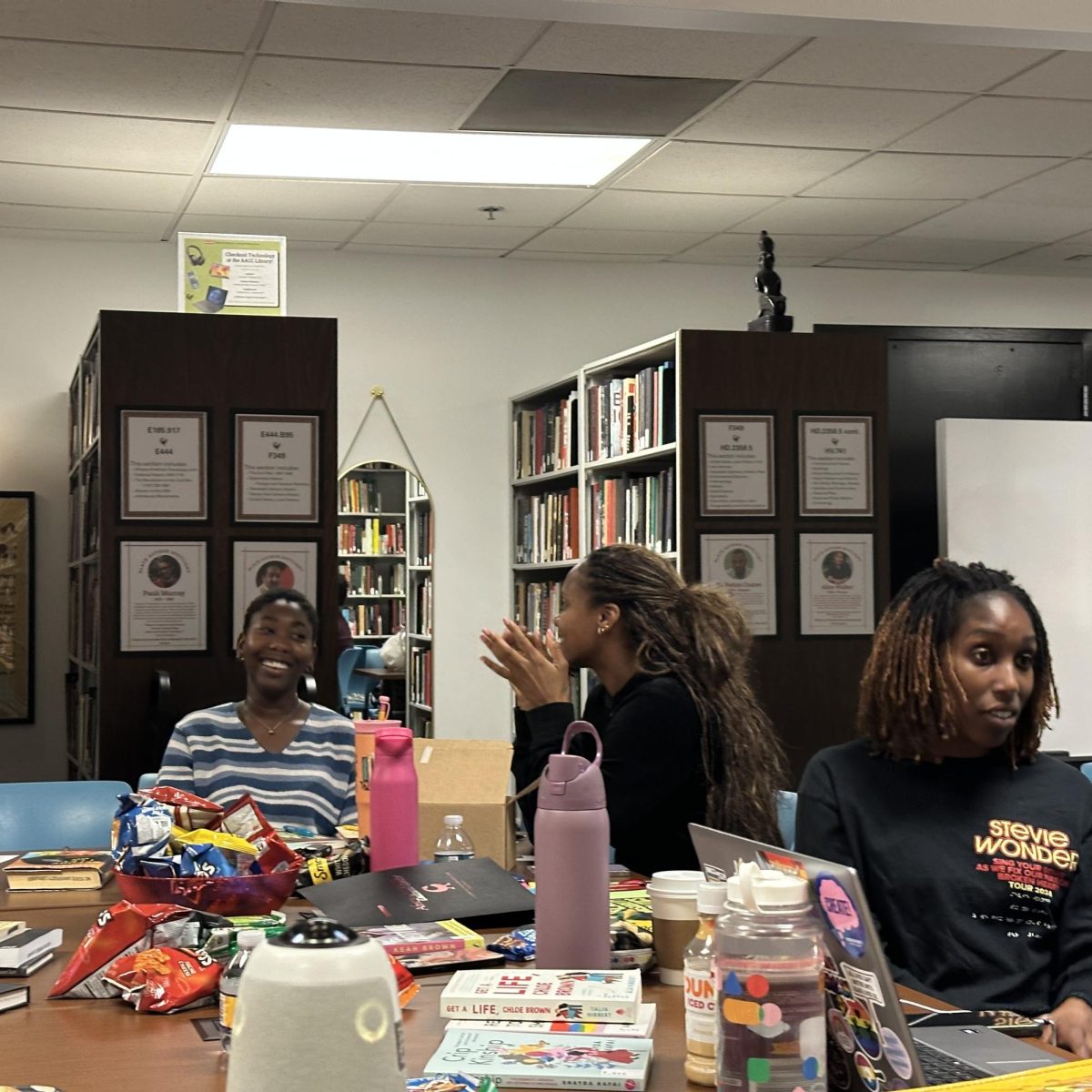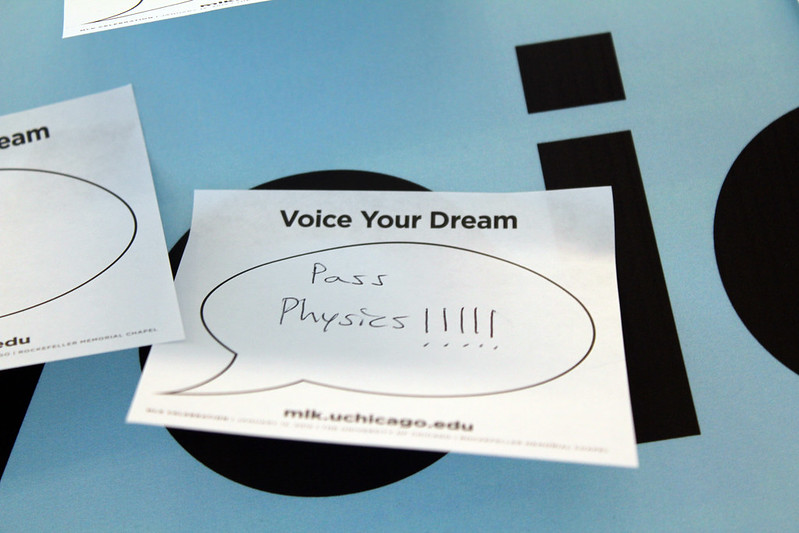“Is a threat not a promise?” Abel Tesfaye, the superstar performer known as The Weeknd, asks in his sixth studio album, a swan song project that puts his absolution in front of all the world to see.
The journey of his latest trilogy began nearly five years ago when he released “After Hours,” the album that gave us the diamond-certified single “Blinding Lights.” Both the song and the album topped global charts in 2020, receiving critical acclaim and solidifying The Weeknd as a worldwide superstar.
Despite his success, he received no Grammy Awards nominations in 2020 to the shock of many, including Tesfaye himself. Shortly after nominees were announced, he called the show “corrupt” and boycotted it in a move that would change the trajectory of the show forever.
This year at the 67th Grammy Awards Show, The Recording Academy’s CEO Harvey Mason Jr. apologized to The Weeknd in a speech, announcing “the Grammy electorate is now younger, nearly 40% people of color.” Afterwards, he welcomed Tesfaye to the stage for a surprise performance.
His boycott successfully brought the change many wanted to see within the show and the academy.
Turning back to the trilogy, the sequel album “Dawn FM” followed in 2022. While it didn’t chart as well as its predecessor, the album received even greater praise from music critics.
It’s clear through the two albums that The Weeknd is no stranger to being vulnerable in his music. He’s been doing this since the start of his career, not shying away from his lived experiences of being a high school dropout who grew into a global superstar.
But his work is about more than just his struggles with hedonism, heartbreak and hopelessness. He looked down at us in “After Hours” with a toxic, self-hating loverboy theme, then met us at eye-level with the existentialist radio station of “Dawn FM,” painting a story of a man seeking absolution, caught in the exacerbating storm of larger-than-life stardom.
And on Jan. 31, 2025, The Weeknd looked up, reached out for his absolution and found it welcoming him with open arms. “Hurry Up Tomorrow” is an album that doesn’t just serve as the trilogy’s finale, but the finale of The Weeknd’s story as we know it.
Although Tesfaye knew death was always close by, his story doesn’t end in death. This lament is clear in songs like “After Hours” and “Gasoline” from the trilogy’s first and second installments respectively.
Instead, it ends in the abandonment of all the character of The Weeknd stands for: living the high life as he disregards death– and even, at times, seeks it.
But death doesn’t come in a literal sense. “Hurry Up Tomorrow” gives The Weeknd a death of personality.
Much like his previous works, the album is best listened to in order, and it brings everything we can expect and more, not just because it’s a double album with 22 tracks and three bonus songs. His smooth vocals are stunning over the sophisticated, high-energy production as he delves into new genres like Brazilian funk in “Sao Paulo” and trap in “Timeless,” both album singles he released in 2024.
Furthermore, “Hurry Up Tomorrow” is more cinematic than commercial, sometimes even disorienting, though for good reason. It serves as a soundtrack for The Weeknd’s upcoming psychological thriller of the same name. A trailer released on Feb. 4 appears to align the movie’s plot with the story across the album.
The expected themes of love and pain show up, but it adds religion and draws upon The Weeknd’s Ethiopian heritage, though most lyrics remain self-explanatory to casual listeners.
His live performance attire is an Ethiopian kaba of black and gold. In an album teaser posted Aug. 6, 2024, The Weeknd visualized himself as a young child, wearing a traditional white and gold Ethiopian garment, looking at reflections from various eras in his music career as the storm rolls in and consumes the last image of a young Tesfaye in his loving mother’s arms.
The teaser brings the story of the album to life as he searches his past, present and future while struggling between fame, legacy and identity when facing the end – a message clear from the first song, “Wake Me Up.”
The opening track is a doomed man’s plea, starting with an ominous mixture of muffled strings and the irregular beat of a heart as The Weeknd’s reverberated voice sings: “No afterlife, no other side / I’m all alone when it fades to black.” Then the song shifts into a groovy 80’s sound, the lyrics expressing how he’s running out of time as his demons catch up to him.
“Cry For Me” follows after a smooth transition between songs, a gimmick present throughout The Weeknd’s trilogy of albums. Atlanta producer Metro Boomin’s production shines in the sharp and synth-heavy track, while The Weeknd’s sweet falsetto contrasts the gritty and industrial energy that emphasizes his pain and desperation in realizing his relationship with his lover is coming to an end.
The slower, solemn “Baptized In Fear” parallels The Weeknd’s own drowning at his baptism while a shadow haunts him, representing his present guilt, sin and regret. A seamless transition introduces “Open Hearts” and pulls him out of the tub and into the vulnerability of infatuation with the electropop track’s chorus of starry synthesized keys making you feel like you’re not just falling in love, but flying in it.
“Reflections Laughing” is perhaps the most harrowing song on the album, made even darker by its deceptive beauty. It starts with a gentle guitar and echoing laughter before the gospel-like chorus begins: “Don’t you let me down / If you let me drown / I’ll die in your arms again / …When they take my crown.” Halfway through the song, a telephone rings, and a lover’s voice, distorting as The Weeknd consumes pills and alcohol, begs him: “Don’t let the industry break you, baby / Don’t let them take you from me.”
The album isn’t all depressing though, with lighter, hopeful R&B tracks like “I Can’t Wait To Get There” and “Give Me Mercy” putting a spin on gospel with the use of synths. In “I Can’t Wait To Get There,” Tesfaye reflects on how far he’s come since dropping out of high school.
“Red Terror,” intense and passionate, at first seems out of place, with Tesfaye singing to comfort a child and apologizing to a mother as if he was the father who had abandoned his family.
“Alone I left, to the west / Then moved to the city… / You came out so precious, in the snow, you would grow / your mama loves you, you’ll never be alone.”
The Weeknd’s distorted voice follows, reciting “Death Is Nothing At All,” a Henry Scott Holland poem, to himself, separating the man and his alter ego like a mirror separates him from his reflection: “What we were to each other, that we are still / Call me by the old, familiar name.”
The song is a cornerstone in Tesfaye’s story of The Weeknd and is named after a violent politicide in late 1970s Ethiopia. The lyrics draw parallels to The Weeknd’s parents, Ethiopian immigrants who moved to Canada and had a child, Tesfaye himself.
“Red Terror” is also a turning point in the album as The Weeknd and Tesfaye realize they will always be one and the same as they look towards the future, without turning back.
The final song, “Hurry Up Tomorrow,” is an angelic and pure track; he forgives his past, accepts his fate and holds out hope for the future.
It’s an ending that has been a long time coming. The journey of sin and misery is finalized by forgiveness and hope, reaching out for healing at last. This is the end of The Weeknd, free from death’s grip, bathed in Heaven’s light.
“So I see Heaven after life / I want Heaven after life / I want to change, I want the pain / No more, no more, no more.”







